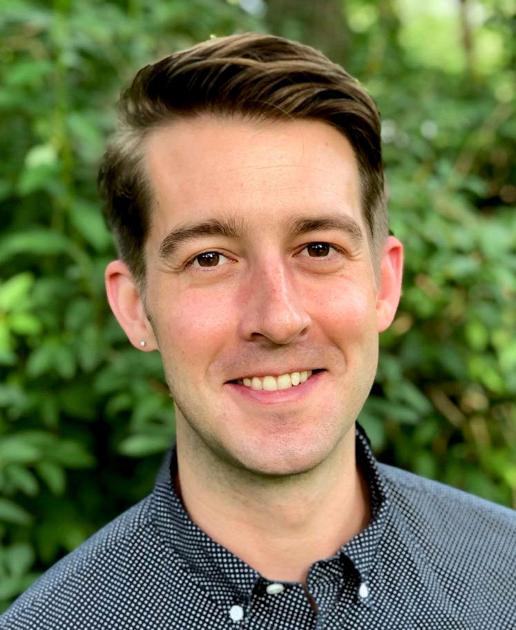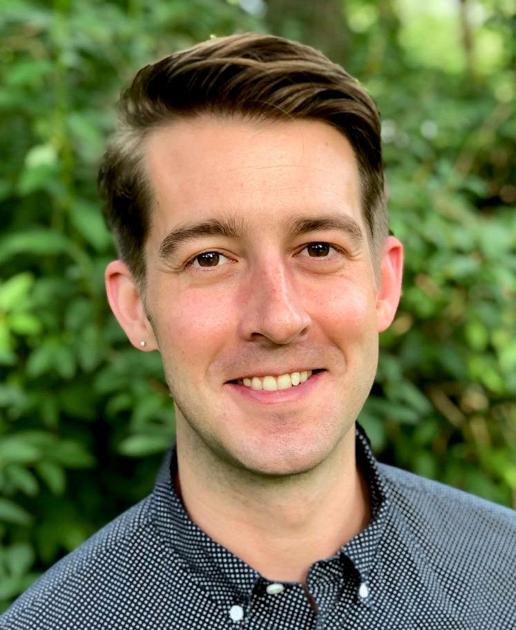

LEWISBURG — Best practices for health care workers and others who serve senior LGBT clients were outlined Tuesday by a noted professional.
Dr. Tim R. Johnston, SAGE Group senior director of national projects, addressed an online meeting hosted by the Pa. Link to Aging and Disability Resource Center. SAGE advocates and provides services for gay, lesbian, bisexual and transgender elders.
“Everybody has both a gender identity and a sexual orientation,” Johnston explained. “When we are working with members of the LGBT community, we have to remember that somebody might be LGBT because of their sexual orientation, because of who they are attracted to and who they are drawn to. Or they might be LGBT because of their gender identity as transgender or another gender identity or it could be both.”
Making assumptions was to be avoided.
“Just because you know a person’s sexual orientation doesn’t mean you know anything about their gender identity and vice versa,” Johnston said. “When we are talking about data collection, for example, we have to be asking questions that relate to both parts of our human experience.”
Respect for identity meant referring to the person using the pronouns of their choice. However, Johnston noted people who identify as gender non-binary or gender nonconforming may prefer “they” and “them” to “he” or “she.”
“It’s called the ‘singular they,’ meaning the word ‘they’ is being used to reference just one person,” Johnston said. “It is a way of referring to somebody without ‘gendering’ them or making an assumption about their gender identity.”
If the wrong pronoun is used when interacting, Johnston suggested acknowledging the error but not dwelling on it.
Webinar participants asked for a definition of the letter “Q” sometimes added to LGBT identities.
“The ‘Q’ can stand for two different words,” Johnston said. “It can stand for ‘queer’ or it can stand for ‘questioning.’”
Johnston said a “questioning” person may be learning about themselves and that there is a place for them in the LGBT community.
However, “queer” has a different and more negative history. “Queer,” Johnston said, has been reclaimed by some members of the LGBT community and turned into a positive.
Institutions may find that use of the letter “Q” will get a more favorable response at various levels of service than “queer.” Johnston recommended avoiding the word unless a person is certain their client uses it in a positive way. Hearing it may trigger a “visceral trauma response” and make positive rapport difficult.
Johnston indicated 40% of LGBT senior adults say their health care provider does not know their orientation. He added about 25% of older transgender adults report discrimination in housing, while LGBT individuals have higher risks of disability, mental health issues and incidence of alcohol and drug abuse.
Skills worth developing included listening to how older adults describe themselves.